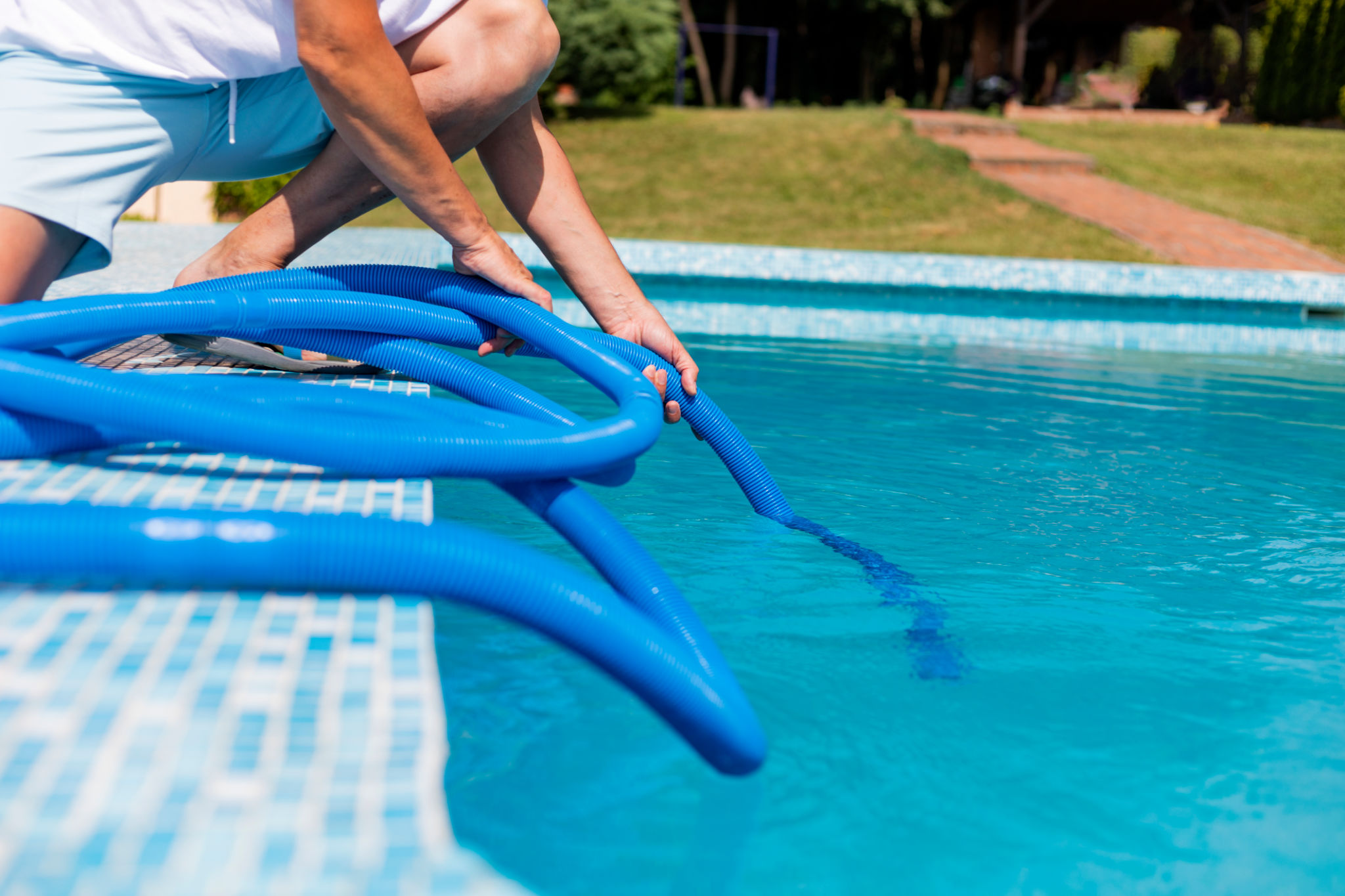Comparing Pool Cleaning Technologies: Traditional vs. Smart Solutions
Understanding Traditional Pool Cleaning Methods
For years, pool owners have relied on traditional cleaning methods to maintain the hygiene and clarity of their pools. These methods primarily involve manual labor, including skimming, brushing, and vacuuming. While effective, these techniques require significant time and effort.
Manual skimming involves using a net attached to a long pole to remove debris such as leaves, bugs, and twigs from the pool surface. Meanwhile, brushing the pool walls and floor helps prevent the buildup of algae and other contaminants. Regular vacuuming is also essential to remove dirt that settles at the bottom of the pool.
However, the traditional approach can be labor-intensive and time-consuming, especially for larger pools. This has led pool owners to explore more efficient alternatives.

The Rise of Smart Pool Cleaning Solutions
With advancements in technology, smart pool cleaning solutions have emerged as a popular choice for many pool owners. These automated systems offer convenience and efficiency, transforming how pools are maintained.
Smart pool cleaners, often robotic, are designed to autonomously navigate the pool, cleaning surfaces and collecting debris. They offer programmable settings, allowing users to schedule cleaning sessions at their convenience. Many models come equipped with sensors to optimize cleaning patterns and avoid obstacles.
The integration of smart technology allows these devices to be controlled remotely via smartphone apps, providing real-time updates and control over cleaning schedules. This level of automation significantly reduces the manual effort required in traditional methods.

Advantages of Smart Solutions Over Traditional Methods
Efficiency: Smart pool cleaners operate independently and can clean a pool in a fraction of the time it takes to do so manually. This efficiency allows pool owners to focus on enjoying their pools rather than maintaining them.
Cost-Effectiveness: While the initial investment in smart pool cleaning technology can be higher, it often results in long-term savings. Reduced chemical usage and lower energy consumption are common benefits associated with these systems.
- Reduced energy consumption
- Lower chemical usage
- Time-saving capabilities
Challenges of Transitioning to Smart Technology
Despite their advantages, smart pool cleaning solutions are not without challenges. The initial investment can be steep, which may deter some pool owners. Additionally, technical issues or malfunctions can arise, requiring professional maintenance or repairs.
Another consideration is the learning curve associated with new technology. Some users may find it challenging to adapt to programming and managing these systems via apps or control panels. It is crucial for users to weigh these factors before making the transition from traditional methods.

Making the Right Choice for Your Pool
Choosing between traditional and smart pool cleaning solutions ultimately depends on individual preferences and circumstances. Factors such as budget, pool size, and personal time constraints should all be considered.
For those who enjoy hands-on maintenance and have smaller pools, traditional methods may suffice. However, for those looking for convenience and advanced features, investing in smart solutions could be a worthwhile decision.
- Assess your budget
- Consider your pool size
- Evaluate your time constraints
Conclusion: The Future of Pool Maintenance
The evolution from traditional to smart pool cleaning technologies marks a significant shift in pool maintenance practices. As technology continues to advance, we can expect even more sophisticated solutions emerging on the market.
Whether you opt for traditional methods or embrace smart technology, maintaining a clean and healthy pool is essential for safety and enjoyment. Evaluating your specific needs and exploring available options will help you make an informed decision for your pool care routine.
